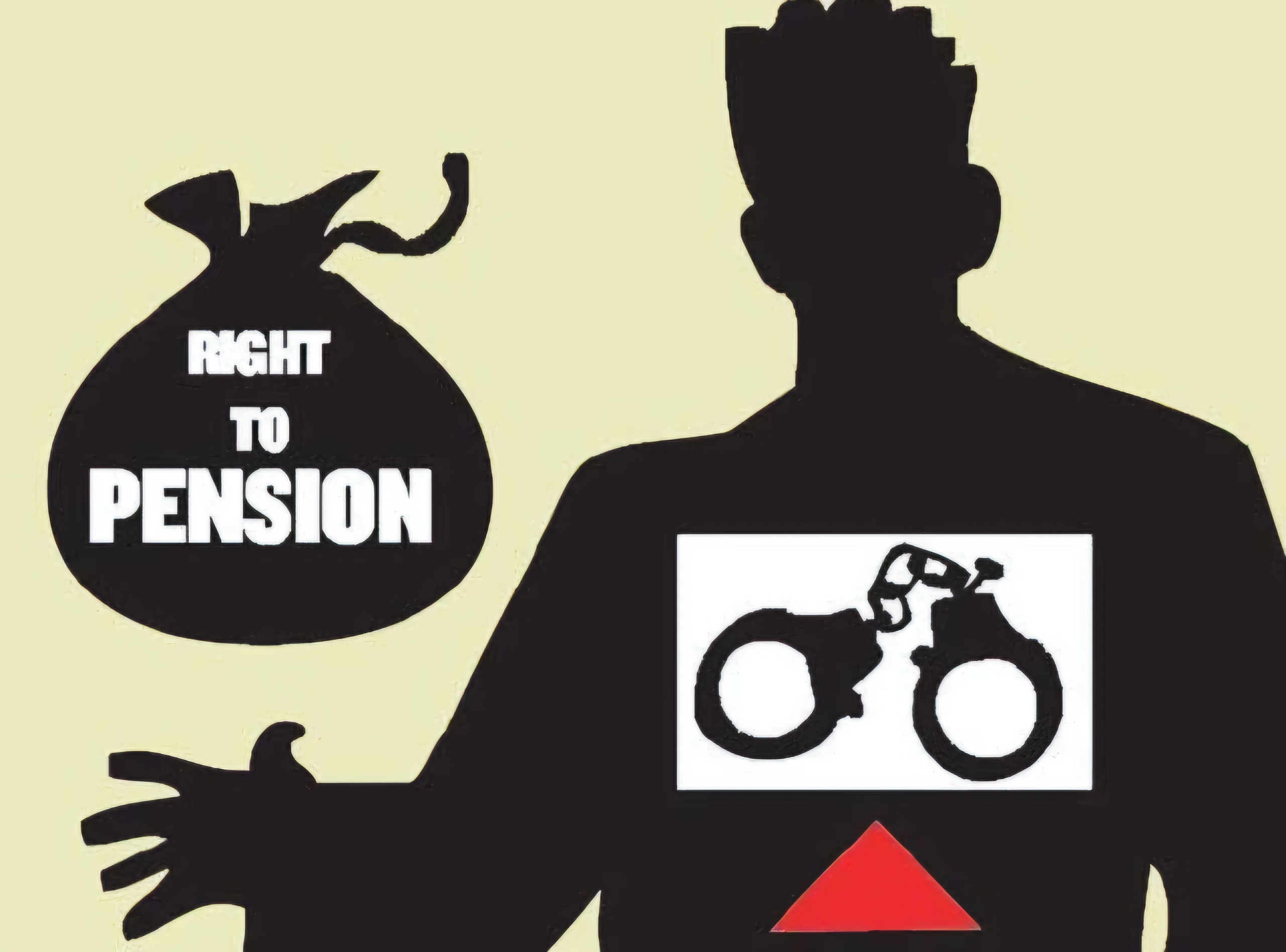


In a later judgment dated September 4, 2024, the Delhi Tall Court tended to a significant issue with respect to the refusal of benefits benefits within the case of Smt. Shanti Devi vs Union of India. The solicitor, Smt. Shanti Devi, an 82-year-old dowager, looked for legitimate intercession after her benefits beneath a government welfare conspire was ceased without legitimate legitimization.
Case Background
Smt. Shanti Devi had been getting benefits benefits beneath the Dowager Benefits Plot, a social welfare activity of the Government of India. In any case, her annuity installments were unexpectedly ceased in 2021, with no formal communication or clarification from the specialists. She fought that this activity was self-assertive and violative of her right to business and respect beneath Article 21 of the Structure of India.
The Union of India contended that the cessation of the benefits was based on procedural grounds, particularly the non-submission of required documentation by the applicant. It was claimed that a few takes note were sent, which went unanswered, driving to the end of the annuity.
Observation of the Court
The Delhi High Court examined the arguments put up by each side, stressing the need of openness and conformity to natural justice principles. As stated in the court's decision: "One cannot carelessly discount the State's responsibilities towards its inhabitants, especially the aged and weak. A welfare program's termination of payments must be preceded by appropriate notification and a fair chance for the recipient to correct any procedural errors."
The petitioner was not afforded sufficient notice or a chance to raise any concerns about the filing of papers, the court determined. It was mentioned that it was unfair to terminate a pension suddenly without giving the beneficiary the time to prepare.
Judgement
The Delhi Tall Court ruled in favor of Smt. Shanti Devi, coordinating the Union of India to reestablish her benefits with prompt impact. Moreover, the court requested the installment of back payments from the date of cessation, expressing:
"The applicant is entitled to the annuity as a matter of right beneath the welfare conspire. The specialists are coordinated to guarantee that all back payments are paid inside four weeks from the date of this arrange."
The court moreover teaching the government to streamline the method of communicating with recipients of welfare plans to prevent comparable issues within the future.
Conclusion
The decision demonstrates the judiciary's dedication to defending the rights of the weak and the aged. It also acts as a reminder to the government that welfare programs need to be carried out fairly in order to prevent recipients from being unfairly denied benefits because of administrative errors.
Click Here to: Download/View Related File
TAGS: Delhi High Court pension rights welfare schemes Smt. Shanti Devi Union of India Article 21 procedural fairness administrative lapses elderly rights